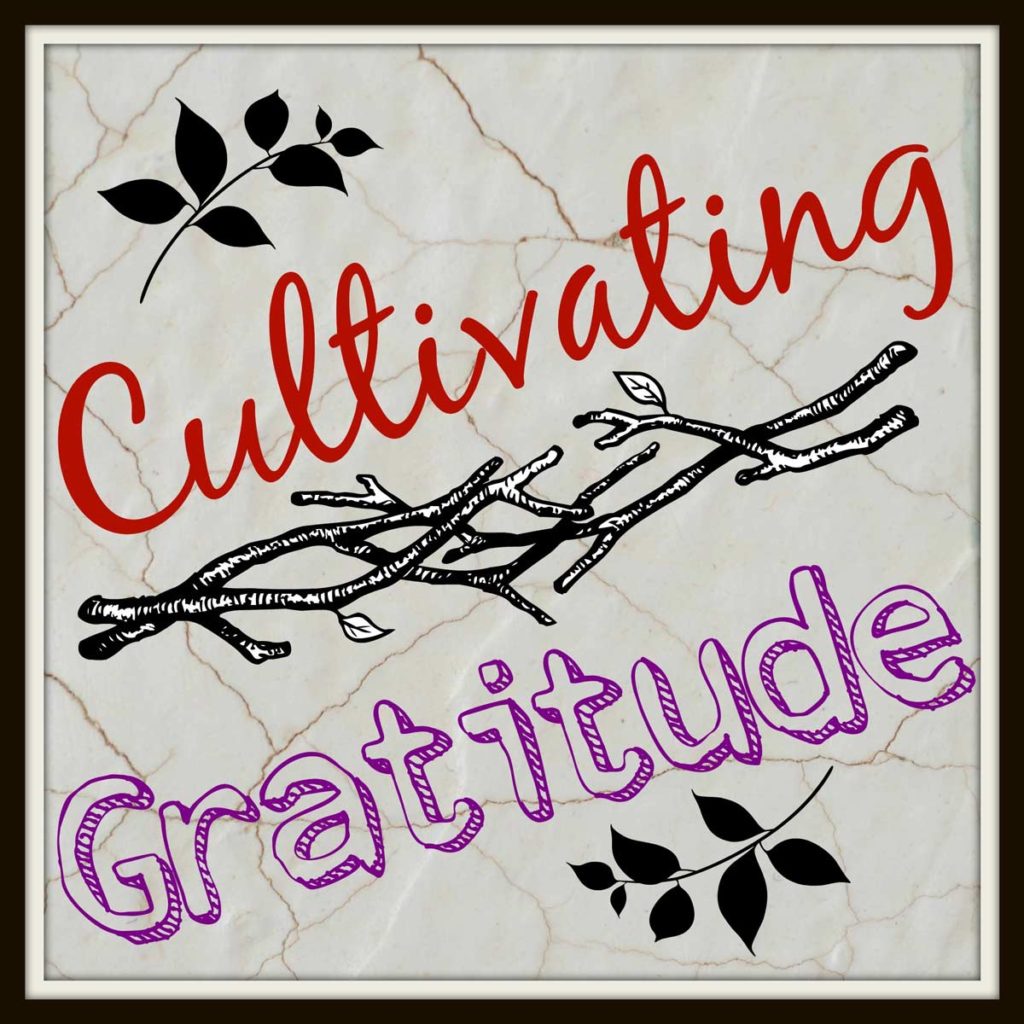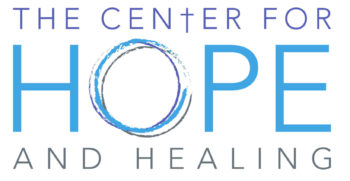Researchers in the field of psychology have invested a lot of time and energy in the past several years studying the impact of gratitude on our mental, physical and spiritual health. Dr. Martin Seligman conducted a study with college students who had some symptoms of depression. They were directed to write a thank you letter to someone they had not previously thanked. The simple act of writing this letter had a positive effect in lowering depression scores and this effect was present six months later!
Other studies have documented the following effects of gratitude on the brain and emotions: more positive emotions, improved health, stronger relationships, increased quality of sleep, decreased pain levels, decreased blood pressure, increased resilience to trauma and stressful events.
Ann Voskamp in her book “One Thousand Gifts” shared her story of the depression she experienced following the traumatic death of her four-year-old sister, which she witnessed. Ann had struggled with self-harm, suicide attempts, and severe depression on and off for many years. A close friend challenged her to come up with a list of one thousand things she was grateful for, by recording just a few items each day. This practice changed her life. She grew deeper in her faith and in her ability to find simple things in day-to-day life to appreciate and be grateful for.

I challenge you to cultivate your own gratitude practice! Here are some simple strategies to help get you started:
1) Write down three things each day that you are thankful for (consider even simple things like the beauty of the fall colors in the trees around you).
2) Connect with others, instead of avoiding connecting with “busyness”.
3) Write a thank you note. Express your enjoyment and appreciation of one person’s impact on your life. Mail it or deliver it and read it in person! Set a goal of sending one gratitude note per month.
4) Engage in an enjoyable activity in a mindful manner (for example, sit and enjoy a cup of coffee—the smell of it, the warmth of the mug in your hand, the taste, etc. — focusing all of your senses and your mind on the enjoyment of the coffee, ignoring all distractions).
5) Pray – thank God for all of His attributes or all He has created. Read the Psalms and praise God for who He is.
6) Limit your exposure to the negative – news, social media, people, etc.
However you choose to practice gratitude, engage in these strategies for a minimum of one month. Then take inventory and note if you too are experiencing some of the positive outcomes of making gratitude a more regular practice in life.
In closing, I’d like to share a quote from A.A. Milne, in “Winnie the Pooh”: “Piglet noticed that even though he had a very small heart, it could hold a rather large amount of gratitude.” My hope is that you too could discover how much gratitude your heart can hold.
God bless!
